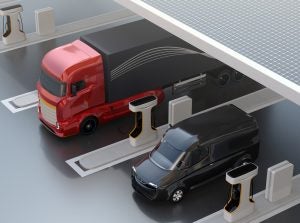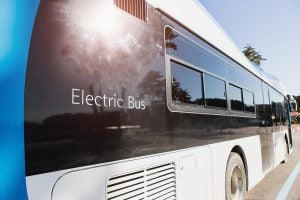After years of legal and legislative wrangling at state and federal levels, the first round of Volkswagen settlement funds will soon begin to flow to grantees. Thanks to the leadership of Rep. Chuck McGrady (R-Hendersonville), the General Assembly unanimously passed legislation in June to release $31 million to fund the first of a three-phase plan to utilize the state’s settlement allocation. The funds are part of the settlement Volkswagen agreed to after six years of deliberately programming vehicle models to deceive tailpipe inspectors by dramatically under representing their nitrogen oxide emissions — a pollutant linked to respiratory diseases and a key element for the formation of smog and acid rain.
The settlement dictated that allocated dollars only be spent on projects that reduce air pollution. In North Carolina, that first round of funds has been earmarked to replace the state’s oldest transit and school buses with a combination of improved efficiency and zero-emission models. Of the total $31 million, lawmakers also allocated $3.4 million to install electric vehicle charging infrastructure across the state.















